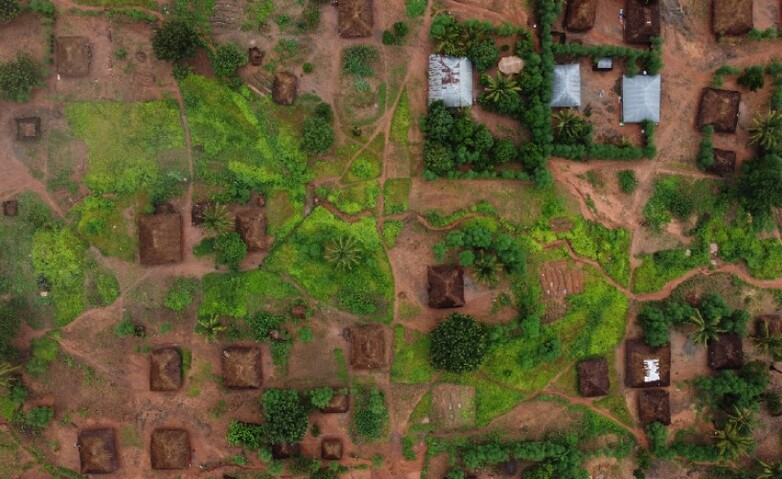Transforming Mozambique's climate and energy pathways
Supporting Climate Policy and Energy Transition in Mozambique
-
Client
German Federal Ministry for Economic Cooperation and Development (BMZ)
-
Country
-
Political sponsors
More
-
Runtime
2023 to 2025
-
Products and expertise
Climate, environment, management of natural resources
Context
Mozambique, one of the African countries most affected by climate change, faces significant impacts on its environment, society, and economy. In recent years, the increasing frequency and intensity of climate-related events have worsened existing problems such as food insecurity, poverty, and infrastructure damage.
Consequently, climate protection and action are highly relevant for Mozambique. However, public discourse rarely addresses these issues, and the relevant institutions lack the expertise and support to make significant progress in developing and implementing necessary climate action measures.
 © GIZ/Frederik Lindenmann
© GIZ/Frederik LindenmannObjective
The government of Mozambique successfully sets ambitious, realistic, and data-based climate targets, enhancing long-term climate resilience and advancing the transition to renewable energy sources on a low-emission development pathway.
Approach
The project supports Mozambique by improving the institutional and coordination abilities of the Ministry of Land and Environment and other departments and ministries that are active in this sector. It aims to develop evidence-based climate policies by involving the entire society and facilitating exchange between politics, science, civil society, and businesses.
Within the ministries and national institutions, the approach centres on identifying and deriving viable climate targets for the Nationally Determined Contributions (NDCs). Regionally, it promotes solid inter-regional cooperation through dialogue formats that encourage knowledge exchange.
To achieve these goals, the project implements three components:
- Facilitating NDC coordination: The project improves the collaboration within and between ministries for revising the climate action plans of the NDCs.
- Organising climate dialogue events: It establishes national and regional climate dialogue events to serve as platforms for knowledge exchange among various groups.
- Revising local adaptation plans: The project updates the manual for preparing Local Adaptation Plans and incorporates gender-specific approaches to ensure inclusivity.
Last update: June





